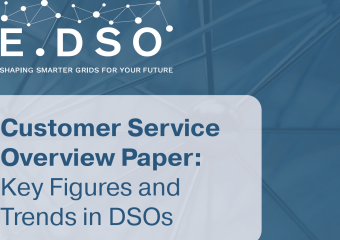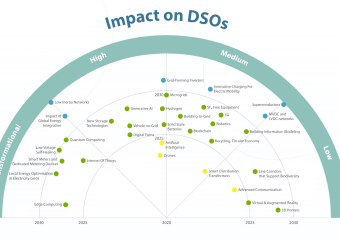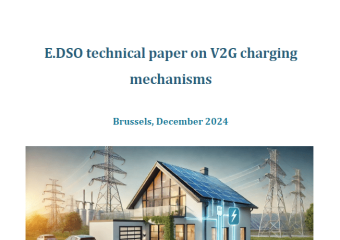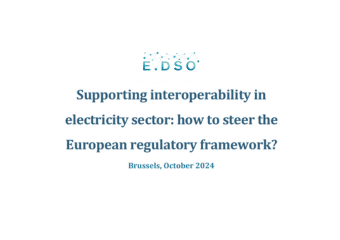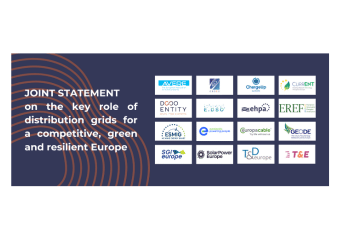Digitalisation is reshaping the European energy sector, supporting the way stakeholders address complex challenges and unlocking transformative opportunities. In this context, and as remarked by the Digitalising the Energy System EU Action Plan, the creation of a digital twin of the European electricity grid will boost its efficiency and smartness and enhance the functioning of the energy system as a whole.
As part of its endeavour to deliver a Pan-European concept of digital twins, based on the federation of local twins, the TwinEU project performed a comprehensive review of the learnings from EU-funded projects, EU regulations, and available literature to identify key gaps and challenges. At the same time, the conduction of an extensive stakeholder survey allowed aligning these findings with stakeholder requirements and expectations from future digital twins.
The results of this analysis are reported in Deliverable 2.1 “Digitalization challenges and opportunities in the future energy system” of the project, which identifies the critical challenges for the adoption of advanced digital tools in the energy sector and proposes actionable guidelines to address these gaps. The takeaways from the deliverable include:
- The adoption of harmonised communication protocols and standardised data formats enhances data exchange and integration while ensuring data quality and security. In turn, ensuring the interoperability of digital twins with legacy systems and Data Spaces will unlock the potential of distributed flexible assets and enhance energy system resilience.
- Adherence to (cyber-)security regulations is crucial and should constitute an essential capability of digital twins, especially for what concerns the protection of sensitive operational and customer data. This objective will be supported by the adoption of a well-defined data governance model.
- While the European strategy for data set out the path for Common European Data Spaces to stimulate data-driven innovation and collaboration, coordination among System Operators, market participants and consumers is still considered a challenge. The uptake of digital twins is expected to enhance both coordinated system planning and data exchange among system actors, supporting a comprehensive evaluation of future energy system scenarios and needs.
- Harmonization of European regulations shall be promoted to reduce barriers to cross-border and cross-sector energy collaboration. At the same time, policy reforms that encourage investment in digital technologies and flexibility market mechanisms are essential for the transition of the energy system.
- On the way to achievingthe EU’s 2050 climate targets, the integration of digital twins, artificial intelligence and IoT applications will play a key role in enhancing predictive analytics, real-time monitoring, real-time threat detection and system planning. The effective scalability of these systems will be facilitated on one hand by regulatory incentivisation and, on the other, through the adoption of open-source and cloud-based solutions.


